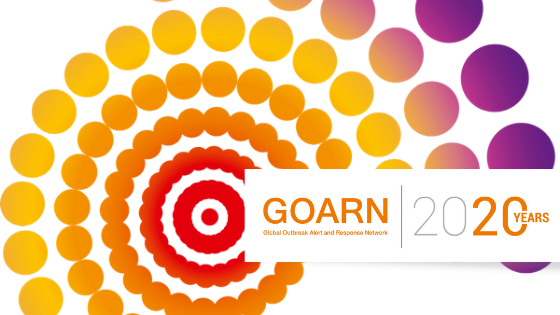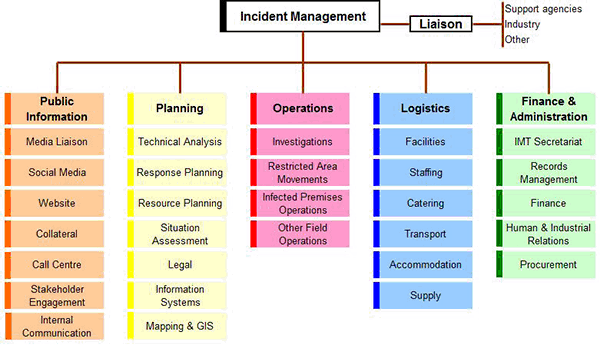
Global Collaboration: Strengthening Epidemic Response Worldwide
Effective epidemic response demands global collaboration and collective action. This article explores the significance of international collaborations in strengthening epidemic response capabilities and fostering a united front against emerging health threats.
1. The Imperative of Global Unity in Epidemic Response
In an interconnected world, diseases do not recognize borders. Global unity is imperative for an effective response to epidemics. Collaborative efforts among nations, international organizations, and public health entities are crucial in sharing resources, knowledge, and best practices to tackle health crises collectively.
2. Information Sharing for Swift Response
Timely information sharing is at the core of global epidemic response collaborations. When nations openly share data on disease trends, genomic sequencing, and epidemiological insights, it enables a quicker and more informed response. This transparency allows the global community to understand the evolving nature of the epidemic and coordinate appropriate actions.
3. Joint Research Initiatives and Scientific Cooperation
Collaborative research initiatives bring together scientists and researchers from different parts of the world. This joint effort enhances our understanding of the disease, facilitates the development of diagnostics, therapeutics, and vaccines, and accelerates the overall research process. Scientific cooperation is vital for staying ahead of rapidly evolving pathogens.
4. Coordinated Vaccine Distribution Strategies
During epidemics, equitable access to vaccines is a global priority. Collaborative efforts ensure the fair distribution of vaccines to all regions, irrespective of economic status. International partnerships, such as COVAX, aim to provide vaccines to low- and middle-income countries, emphasizing the importance of solidarity in securing global health.
5. Mobilizing Resources for Epidemic Response
Pooling resources on a global scale is essential for effective epidemic response. Collaborations enable the mobilization of financial, material, and human resources. This shared commitment ensures that countries with limited resources receive support and that the global community can respond comprehensively to emerging health threats.
6. Strengthening Health Systems Worldwide
Global collaborations contribute to strengthening health systems worldwide. By sharing expertise, best practices, and technological innovations, nations can enhance their healthcare infrastructure. This not only benefits epidemic response but also builds resilience for addressing broader public health challenges.
7. Supporting Developing Nations in Epidemic Response
Developing nations often face greater challenges in epidemic response due to resource constraints. Global collaborations play a crucial role in providing support, technical assistance, and capacity-building initiatives. These efforts empower developing nations to mount effective responses and contribute to global health security.
8. Building Trust and Solidarity
Global collaboration fosters trust and solidarity among nations. Facing epidemics together builds a sense of shared responsibility and mutual support. This collaborative spirit is essential not only during the response phase but also in the preparatory stages, ensuring a proactive and unified approach to epidemic prevention.
For the latest insights on Global Epidemic Response Collaborations, visit healthcares.my.id and stay informed about the ongoing efforts to strengthen international collaboration in epidemic response. As the world navigates health challenges, global unity remains the cornerstone for building a resilient and responsive global health system.













